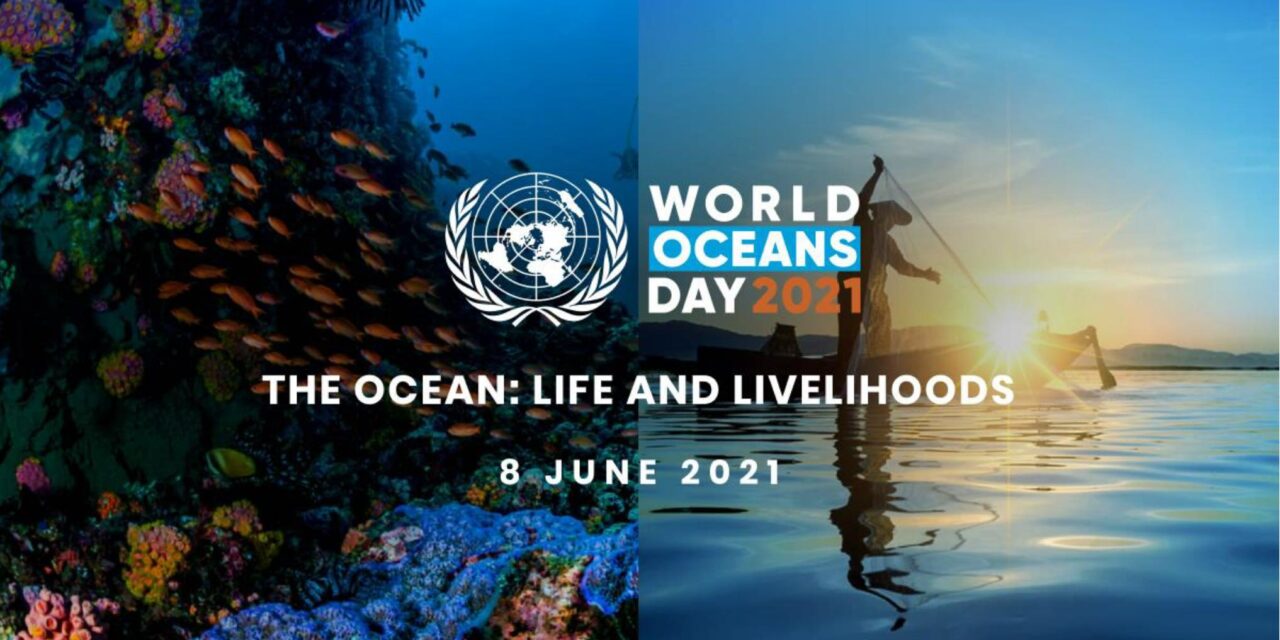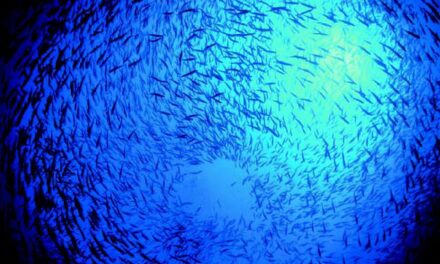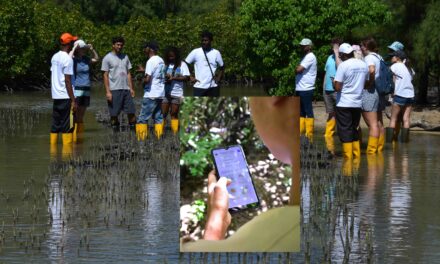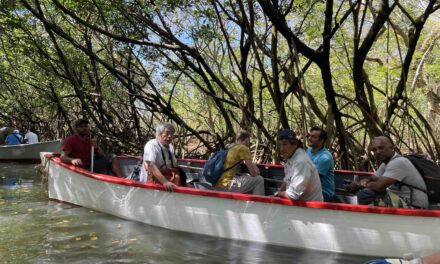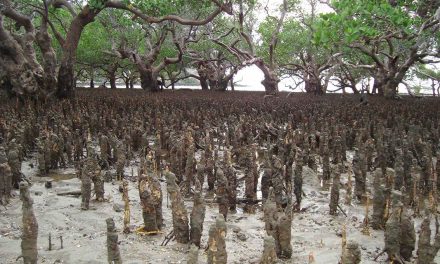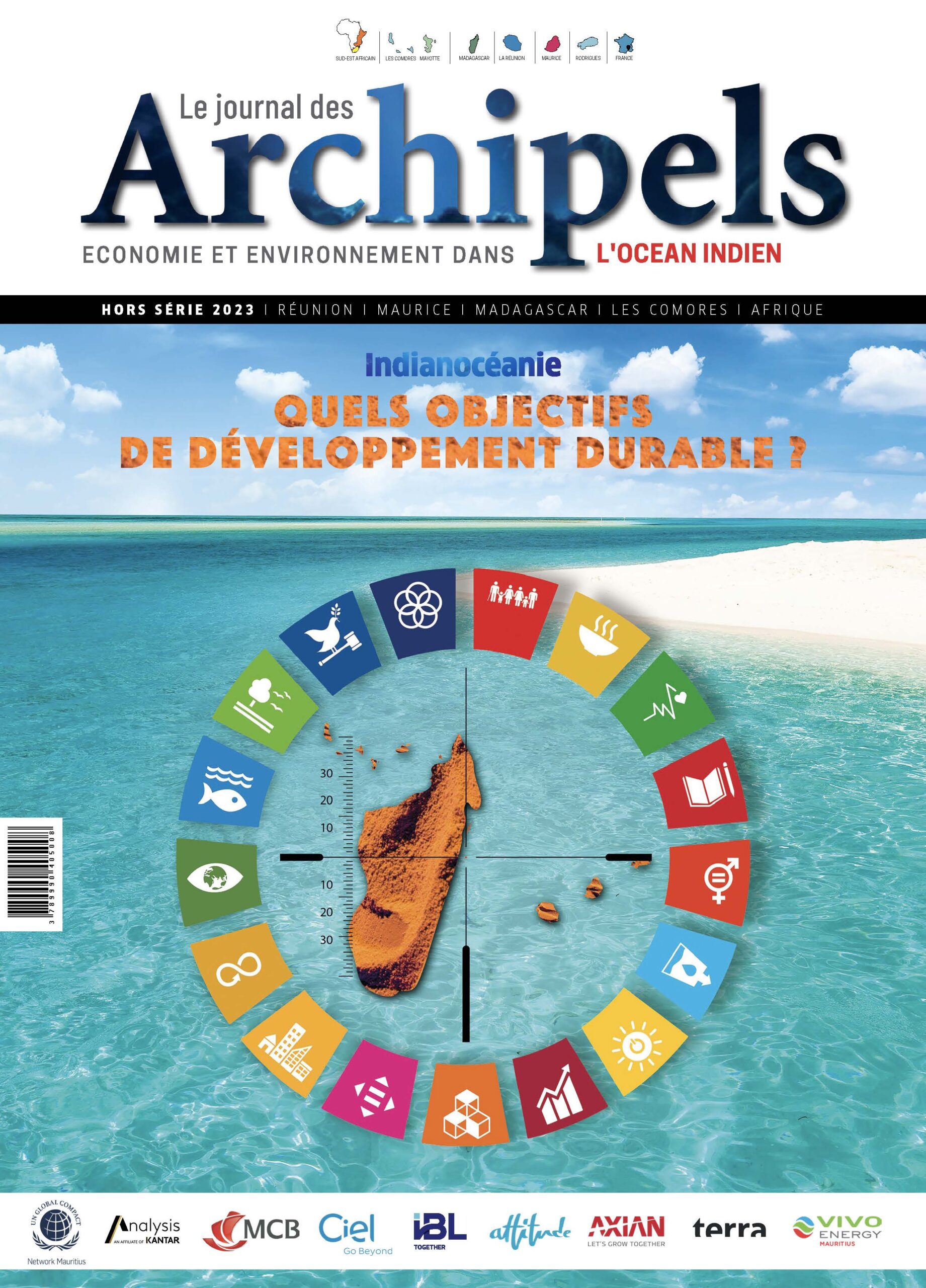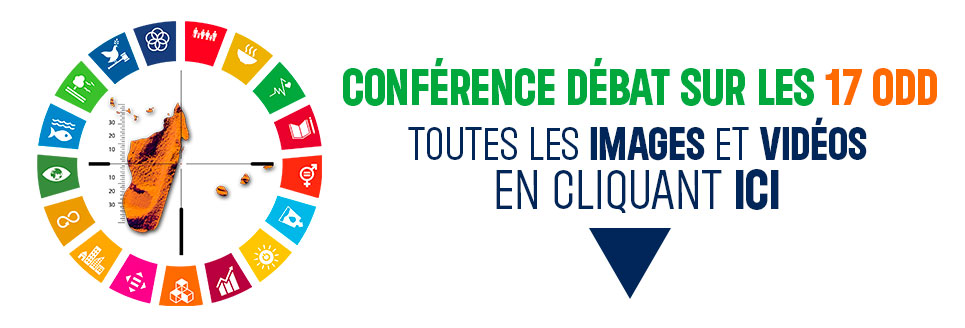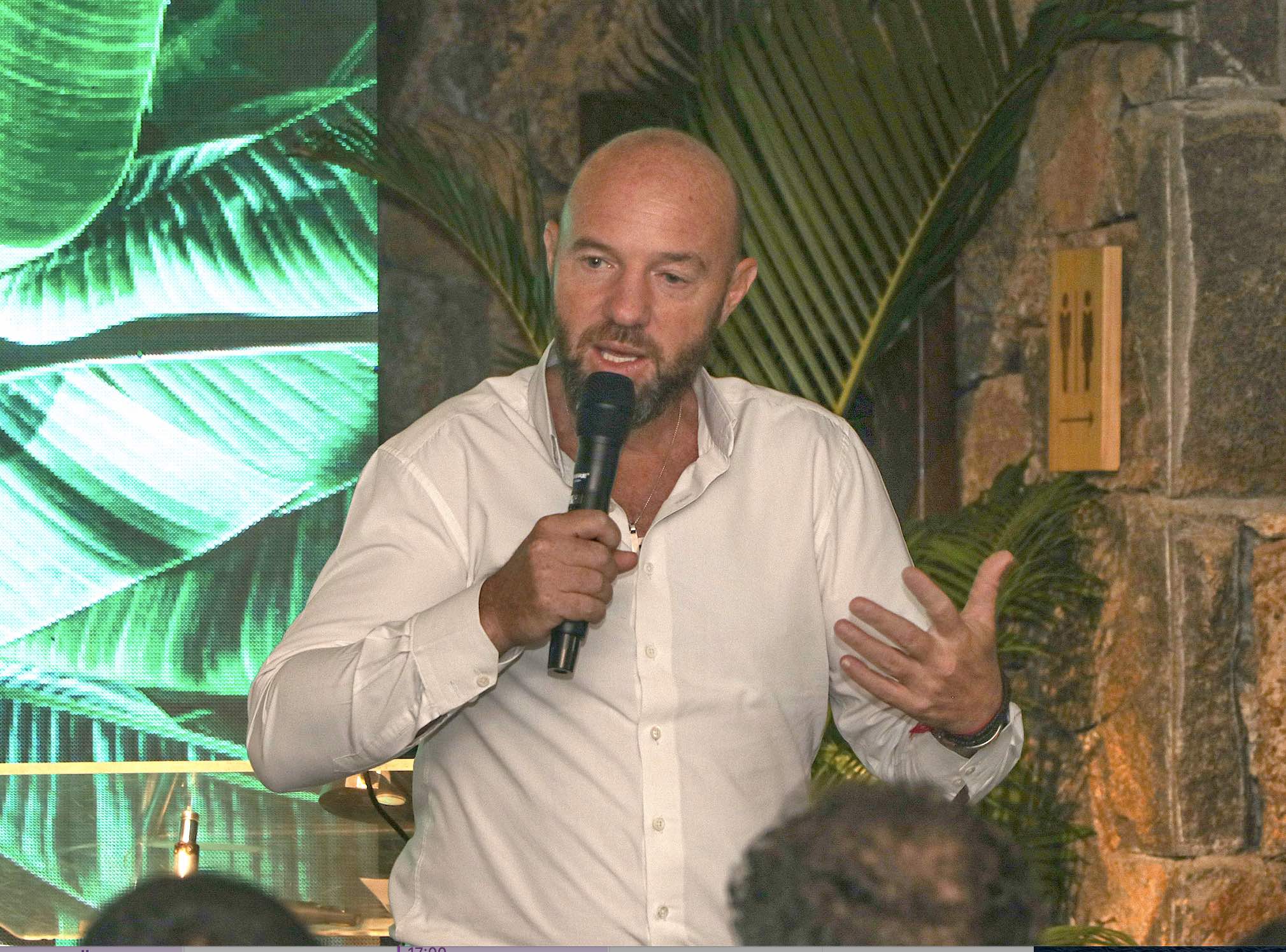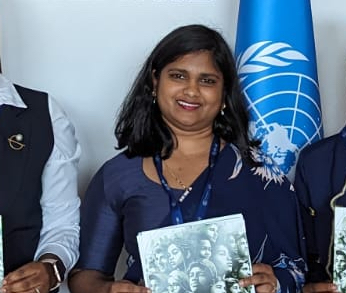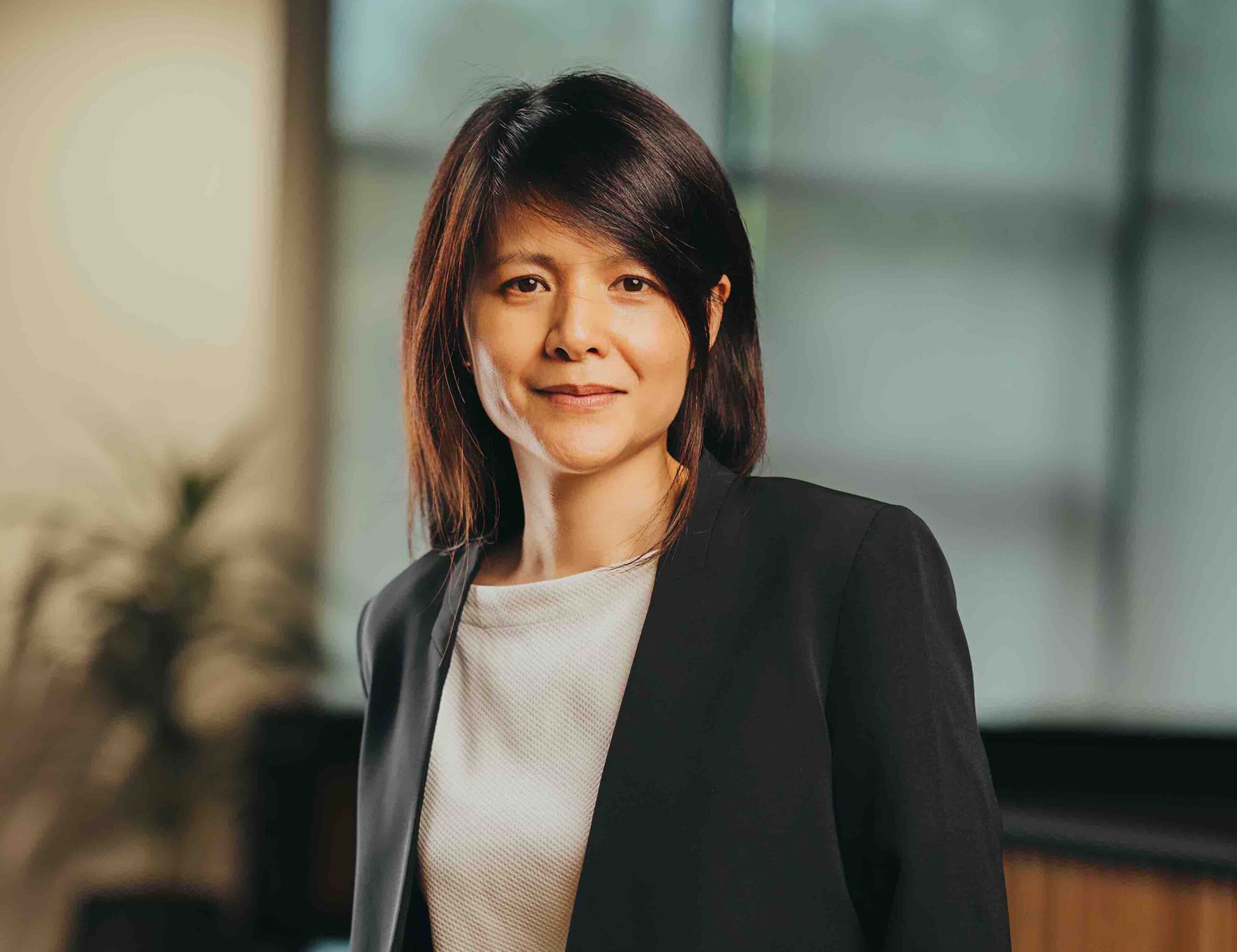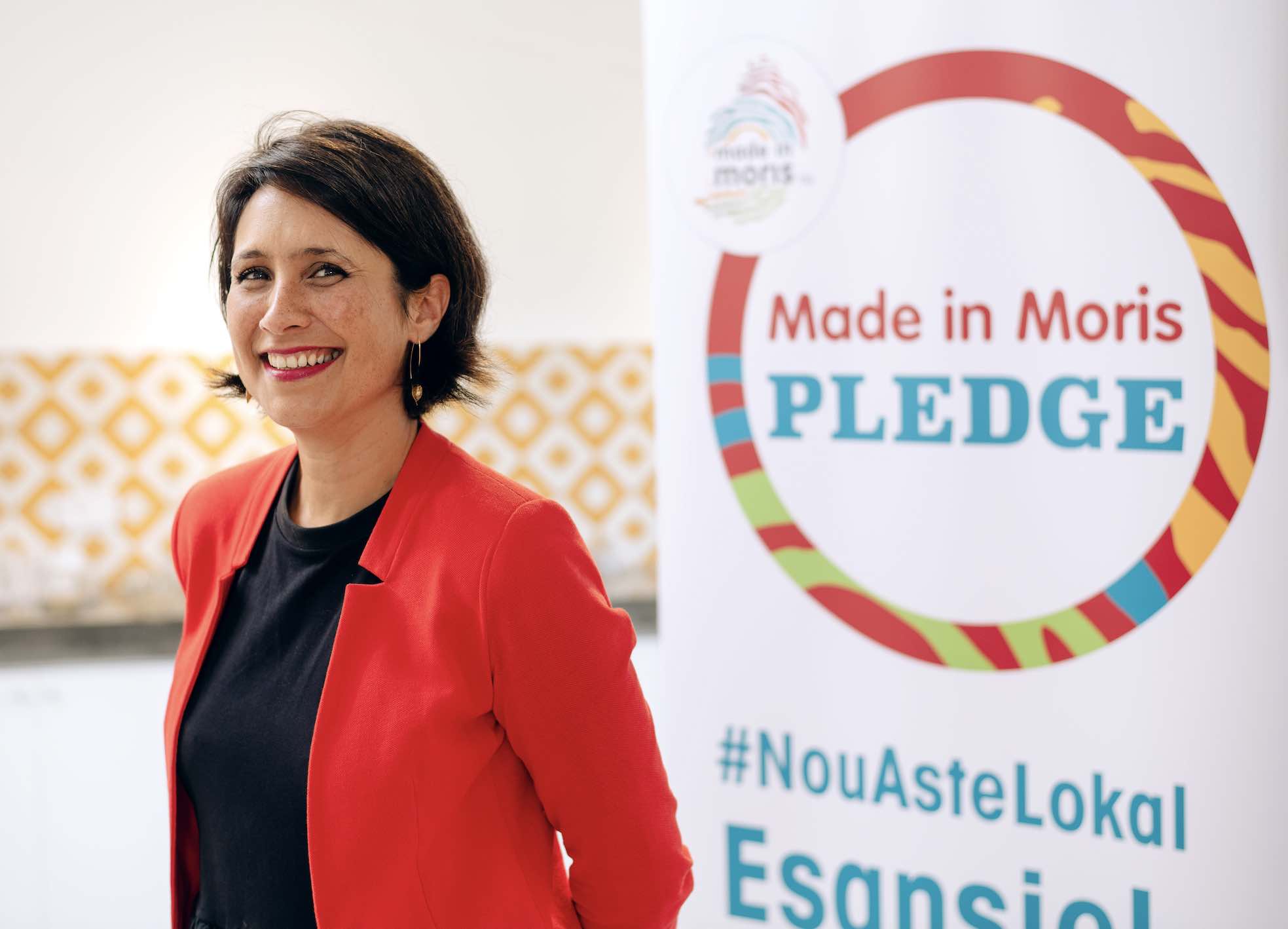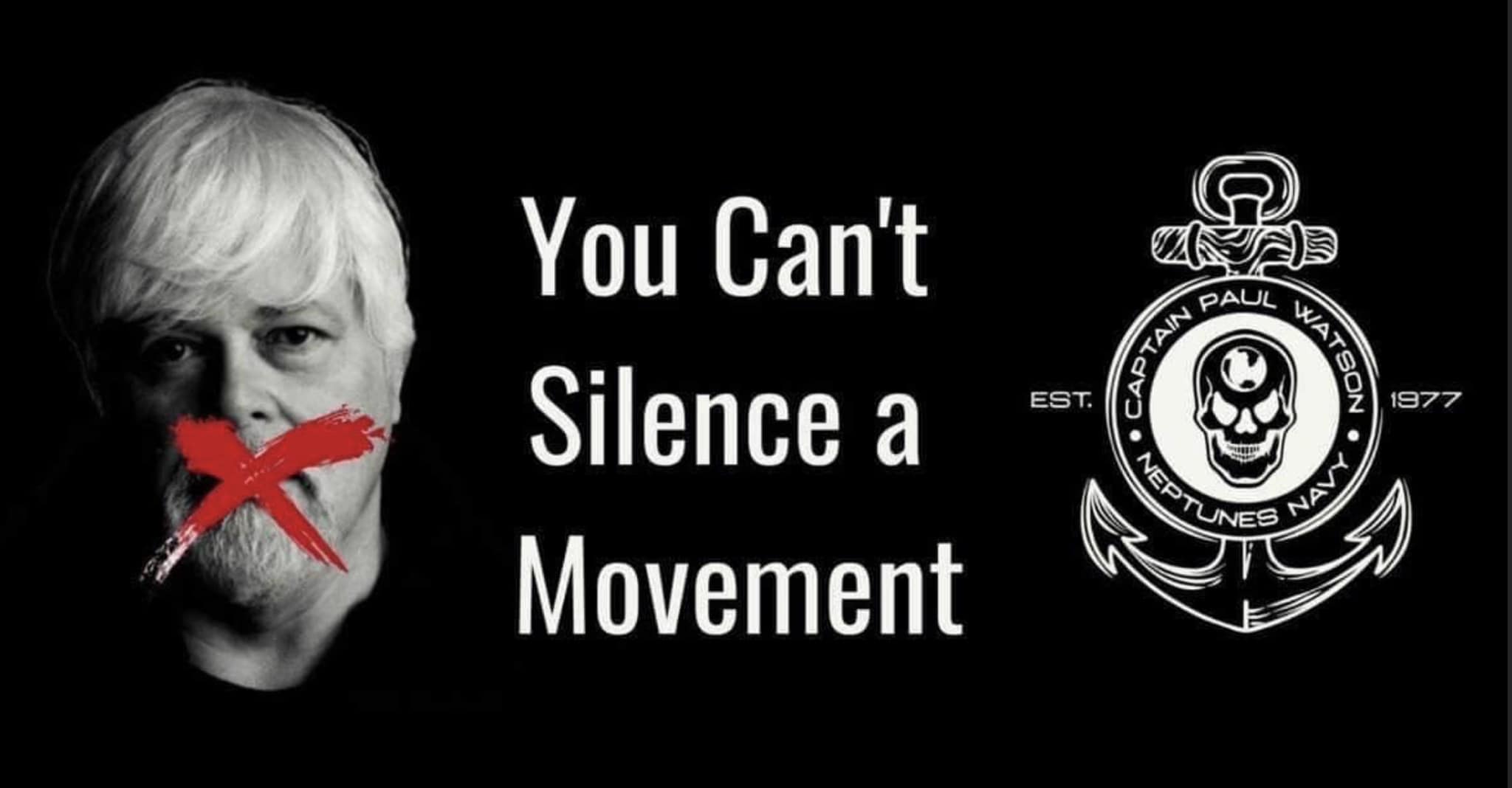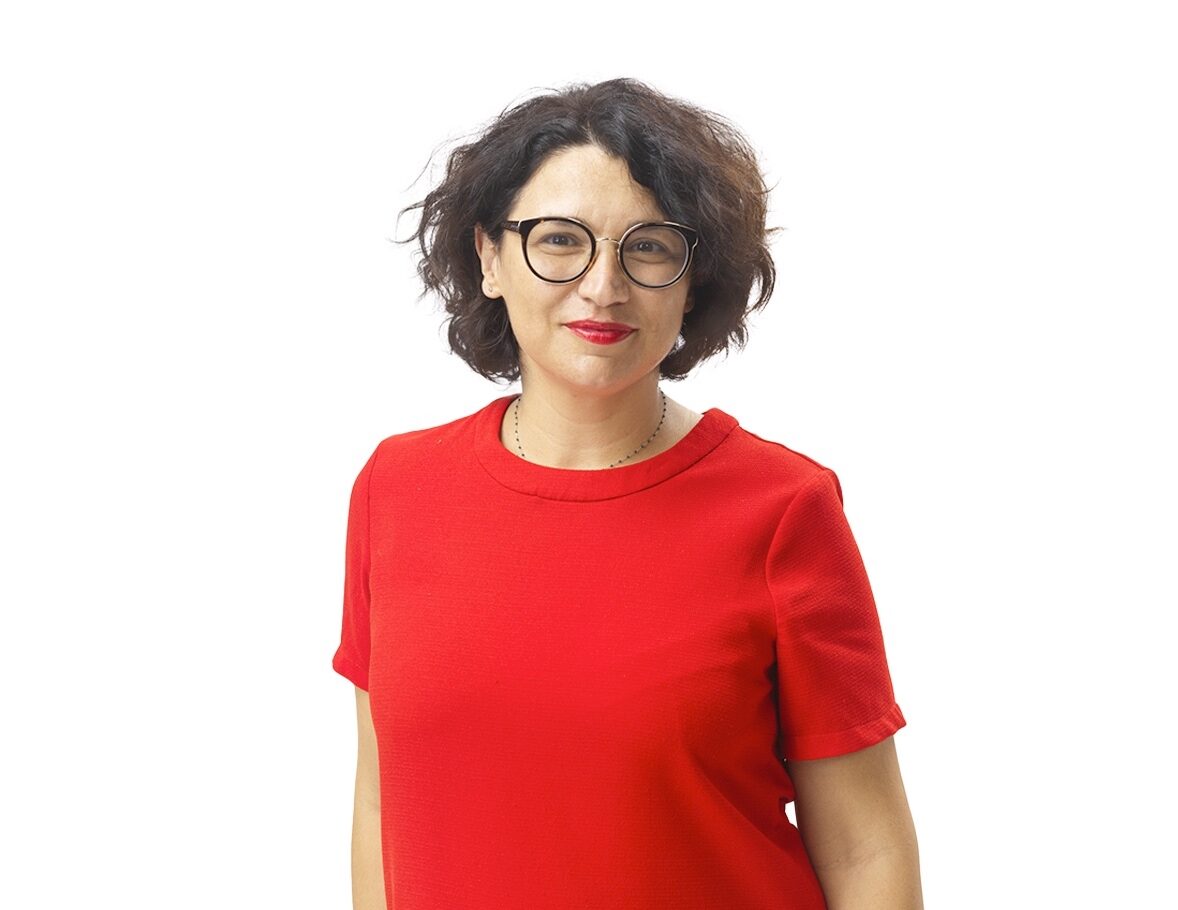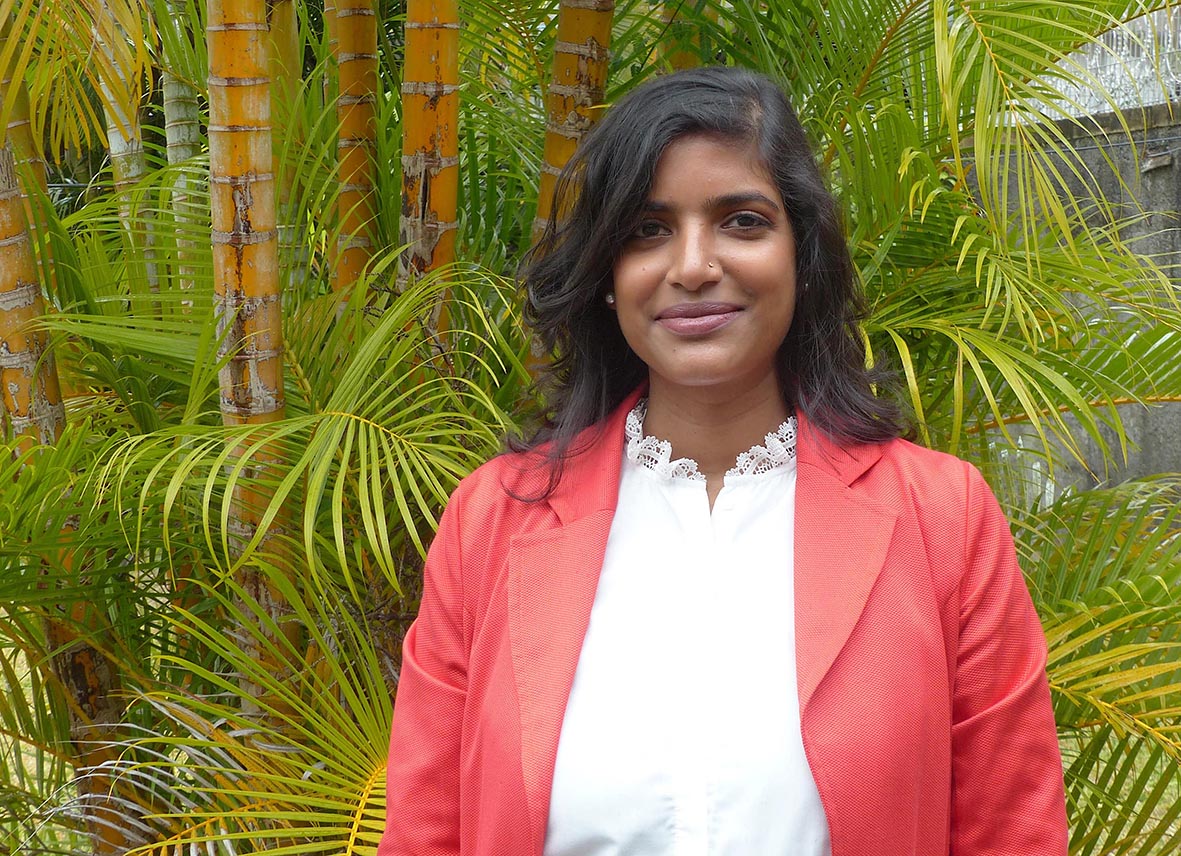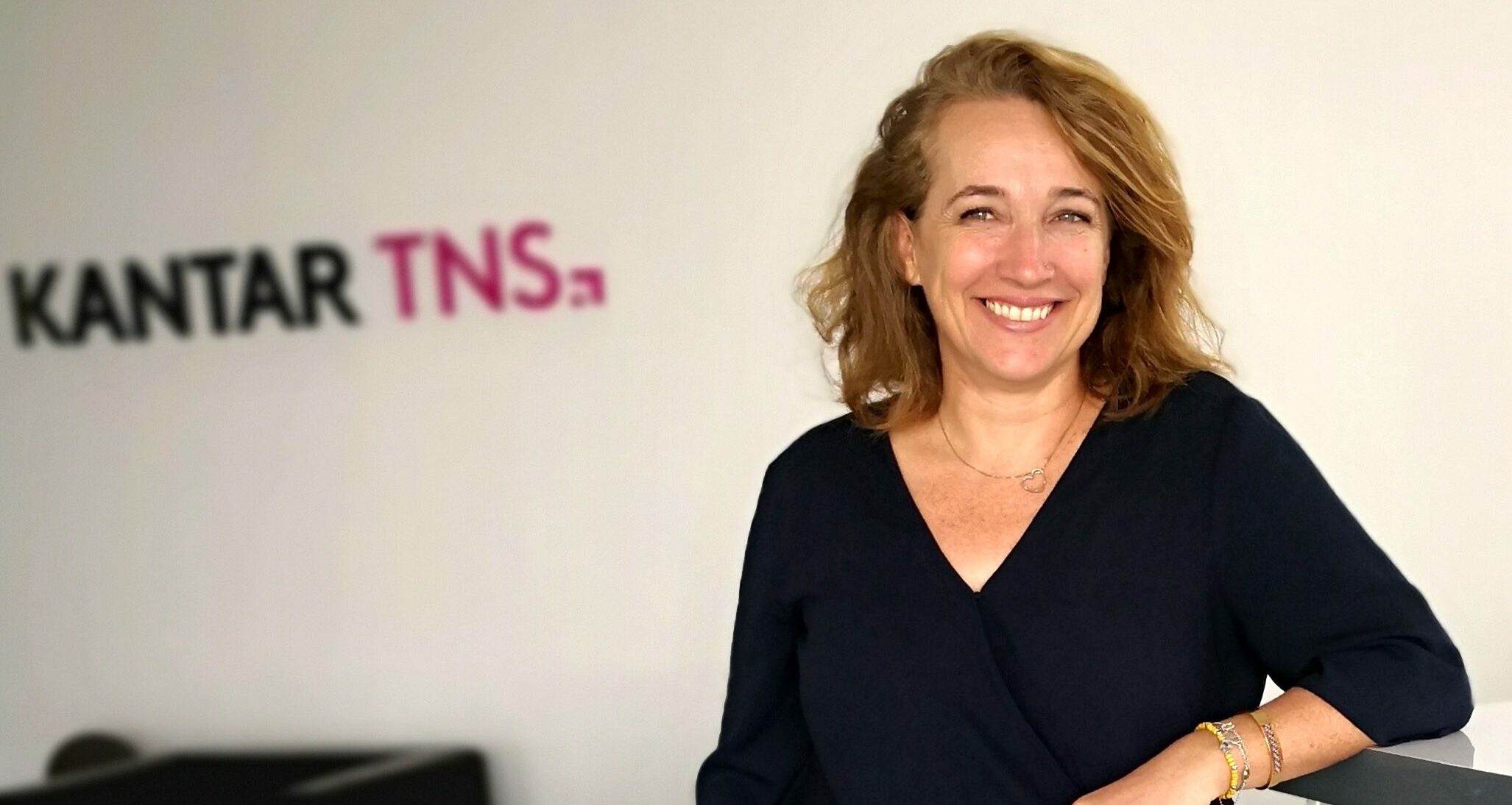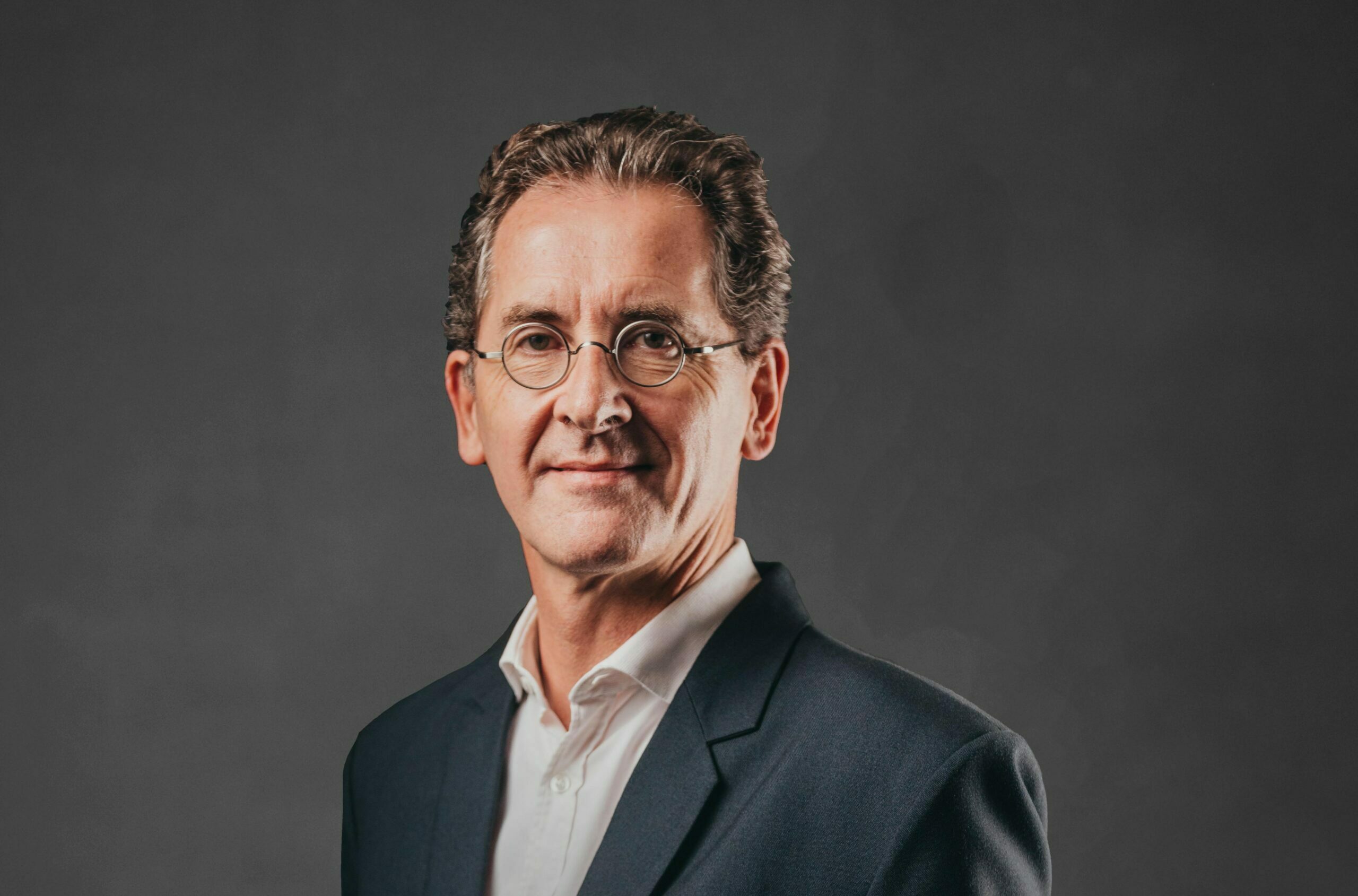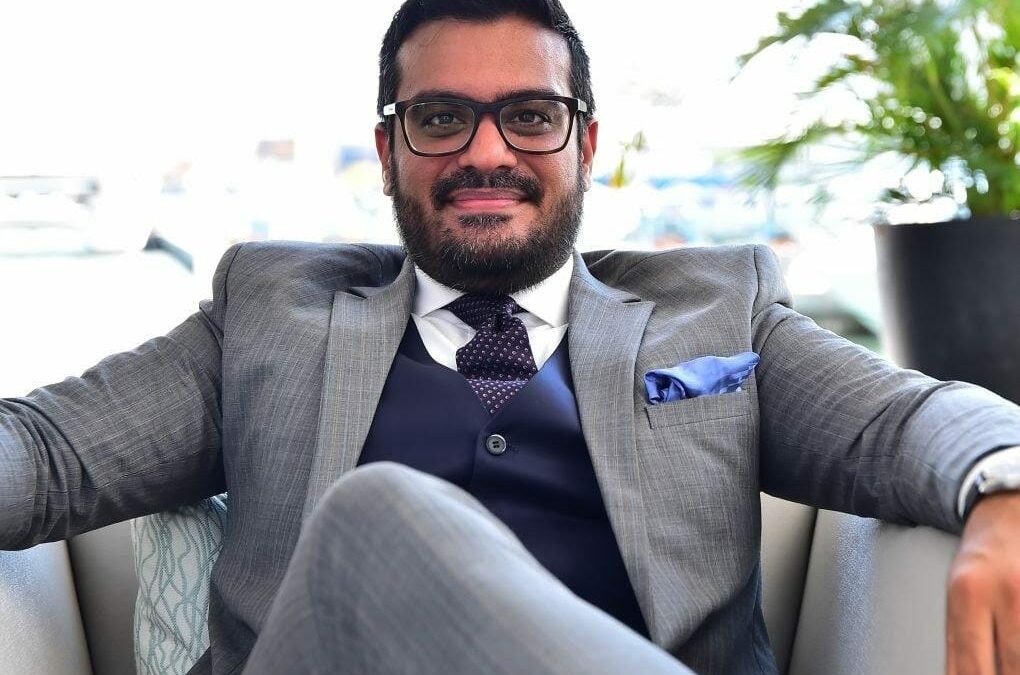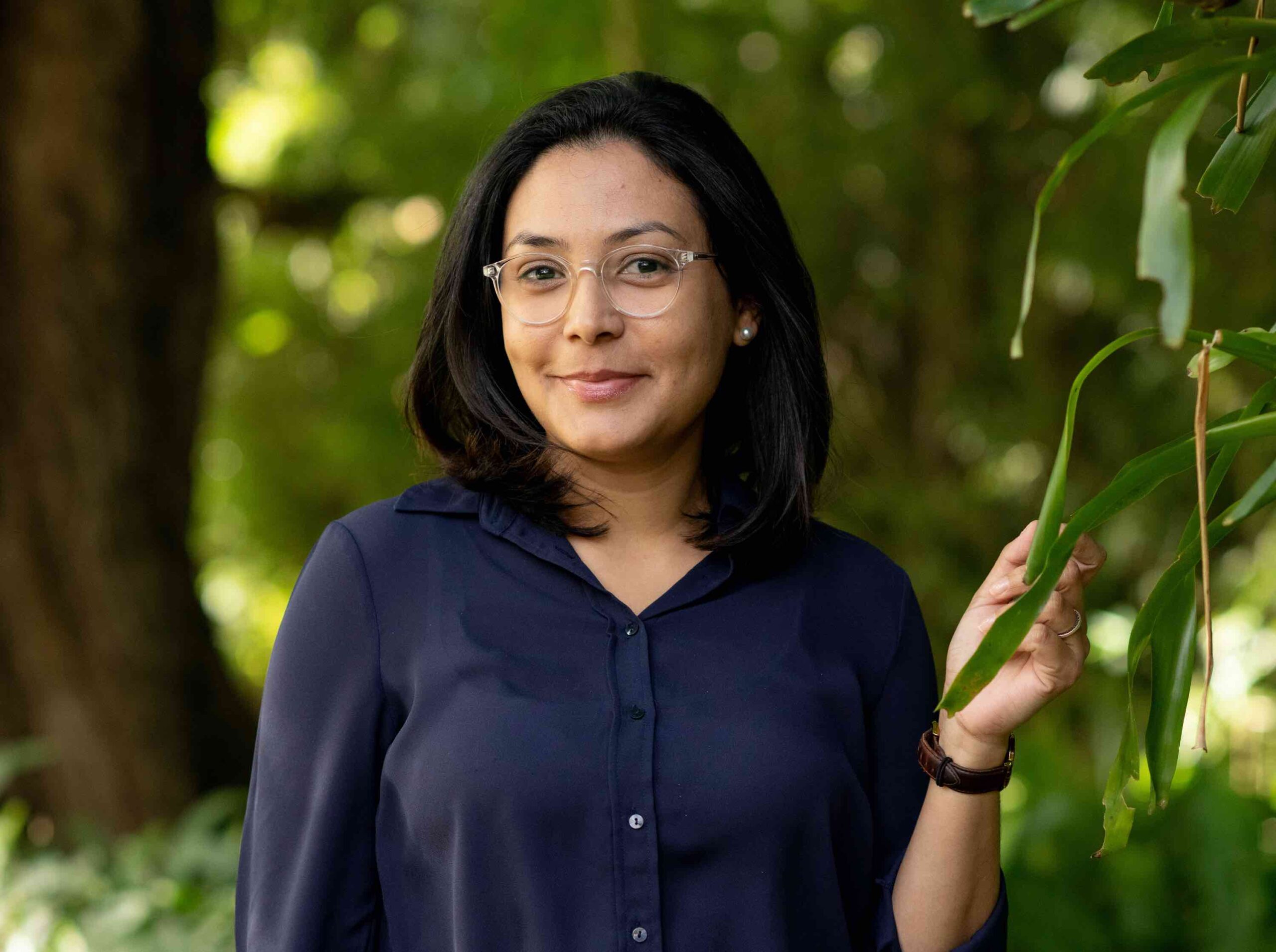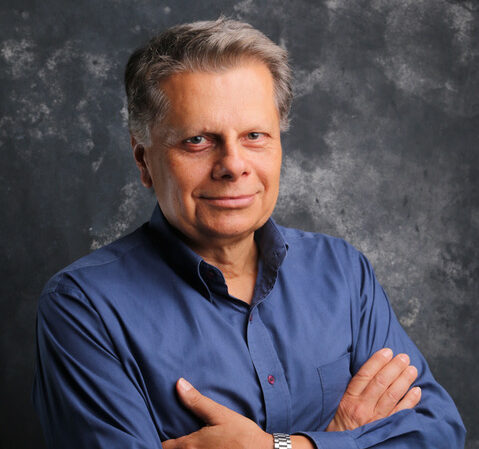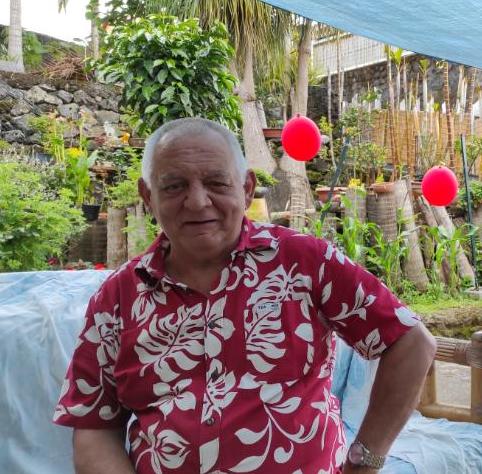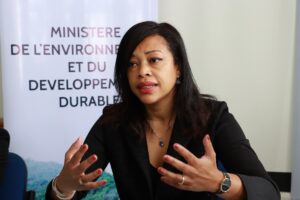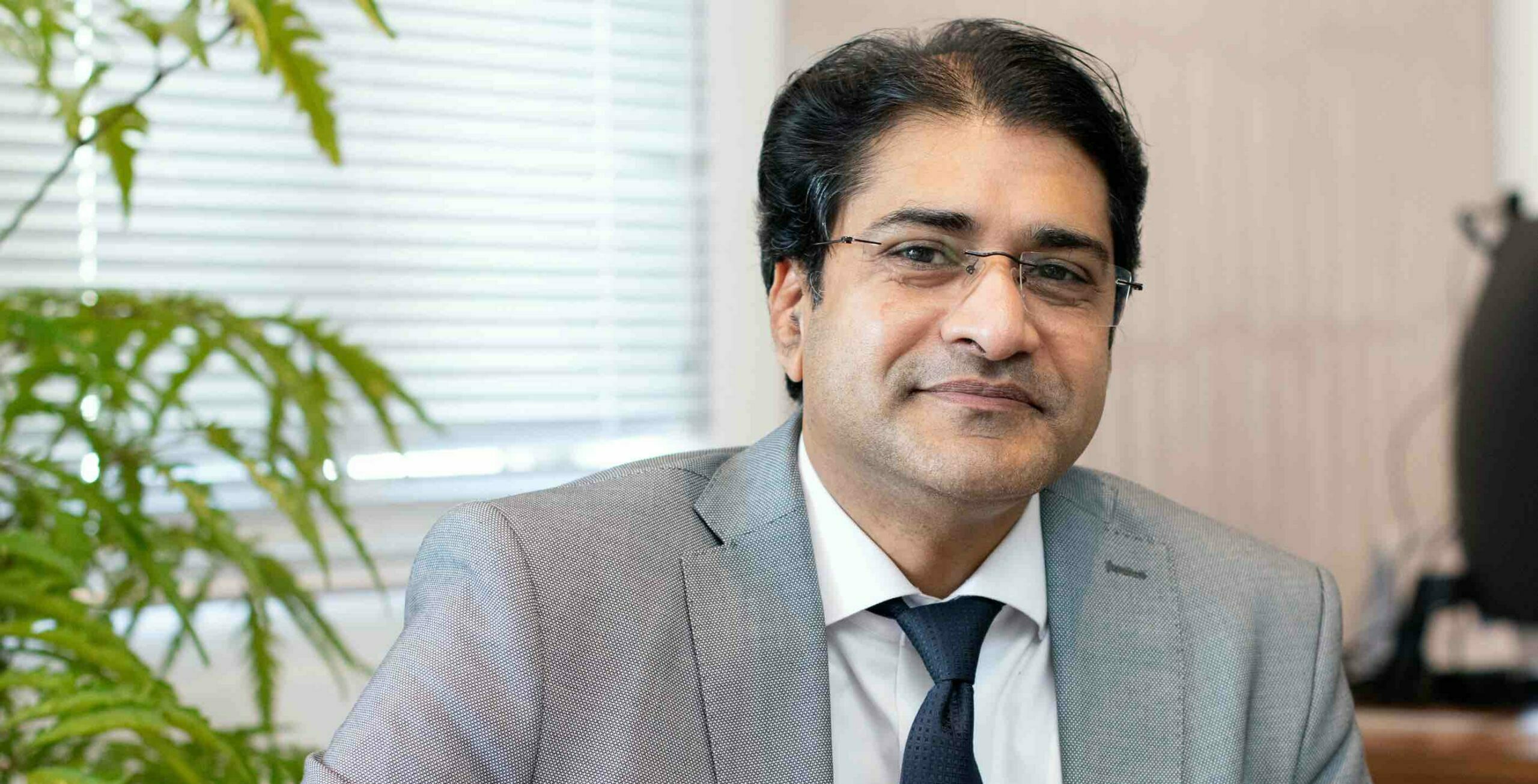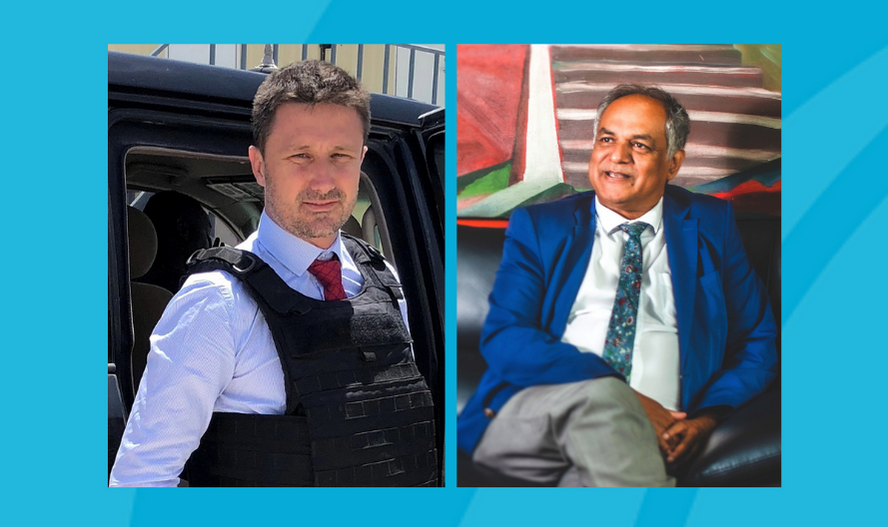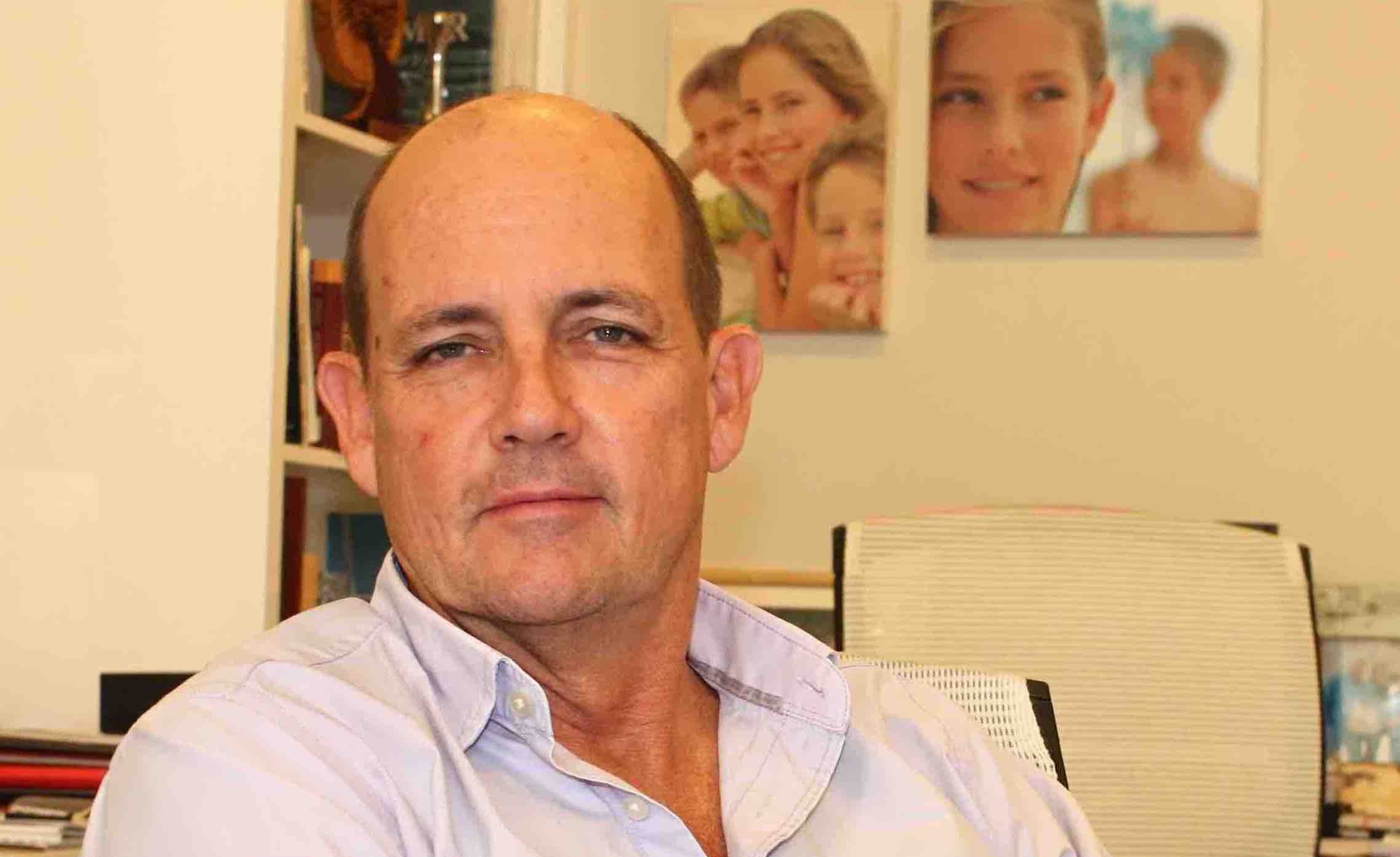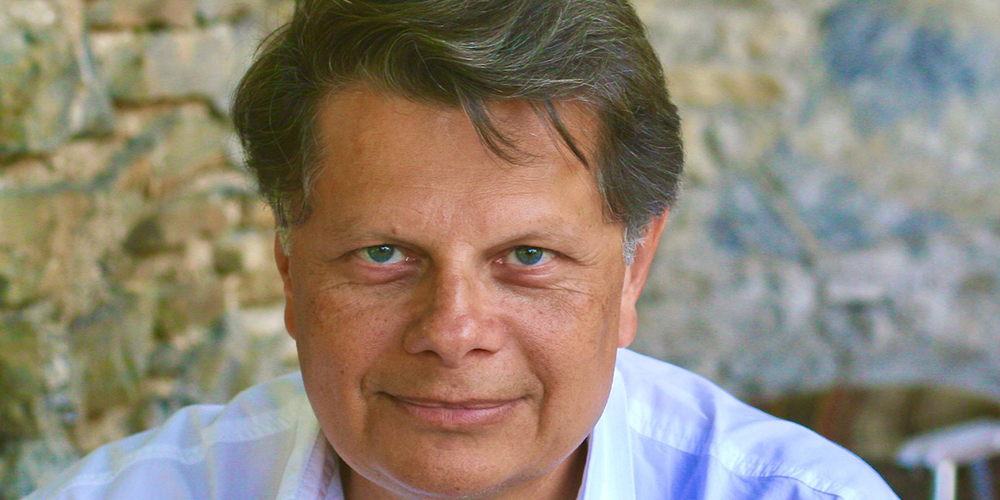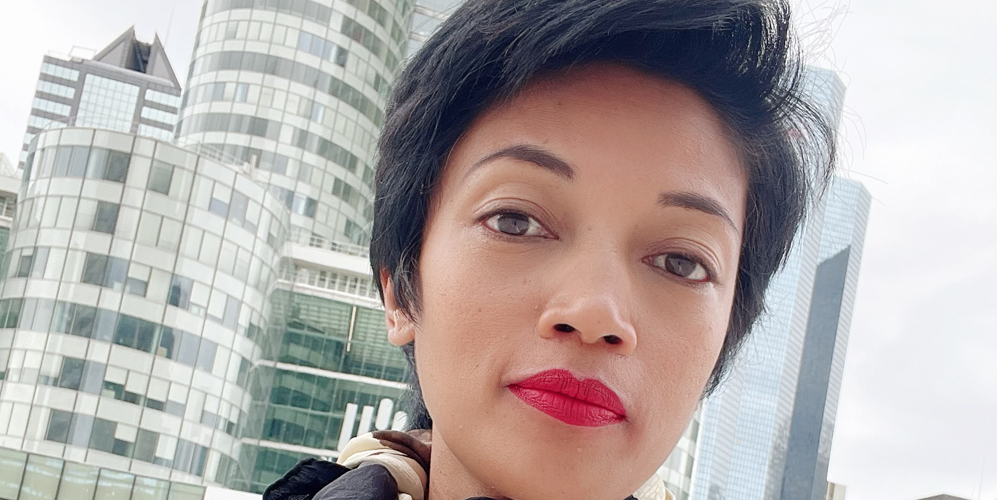Leading regional organisations working for the sustainable management of the marine environment joined forces during a World Oceans Day webinar* to redouble their efforts in protecting this ecosystem.
The strengthening of cooperation was a central theme of the event. It is essential that regions, governments, civil society and scientific initiatives work together to ensure real impact on the ground. The COVID-19 pandemic context was also a reminder of the importance of evolving and innovating approaches. Finally, there was unanimous agreement that communities must be at the centre of all development actions. This World Oceans Day makes sense as this ecosystem produces more than 50% of the oxygen we breathe and absorbs more than a third of carbon emissions. In addition, the oceans contribute to the food security of entire populations and the growth of many countries.
All our countries share a common agenda for the oceans
Vincent Degert, Ambassador of the European Union (EU) to the Republic of Mauritius and the Republic of Seychelles (also an experienced diver) said during the event that “it is high time we realised that the ocean is not only magical and beautiful. It is essential to the human presence on Earth”. The webinar participants, from different countries and organisations in the South West Indian Ocean, were able to appreciate the opportunities as well as the challenges that the oceans present for the region. “All our countries share a common ocean agenda that promotes security and growth, while building resilience in our ecosystems and the well-being of our people. A window of opportunity is opening in terms of sustainable development through the sustainable management of ocean resources and investment in new sectors of the blue economy,” said Professor Vêlayoudoum Marimoutou, Secretary General of the Indian Ocean Commission.
*This moment of reflection was organised by the EU and the Indian Ocean Commission, with the collaboration of the ECOFISH programme. It was attended by representatives of both international and national development organisations and institutions, such as the EU Commission’s Directorate General for Maritime Affairs and Fisheries (DG MARE), the United Nations Economic Commission for Africa (UNECA), the United Nations Development Programme (UNDP), the World Bank and the World Bank, Food and Agriculture Organisation (FAO), Intergovernmental Authority on Development (IGAD), Common Market for Eastern and Southern Africa (COMESA), Southern African Development Community (SADC), as well as the Mauritius Institute of Oceanography (MOI), Reef Conservation and the PAREO project.


